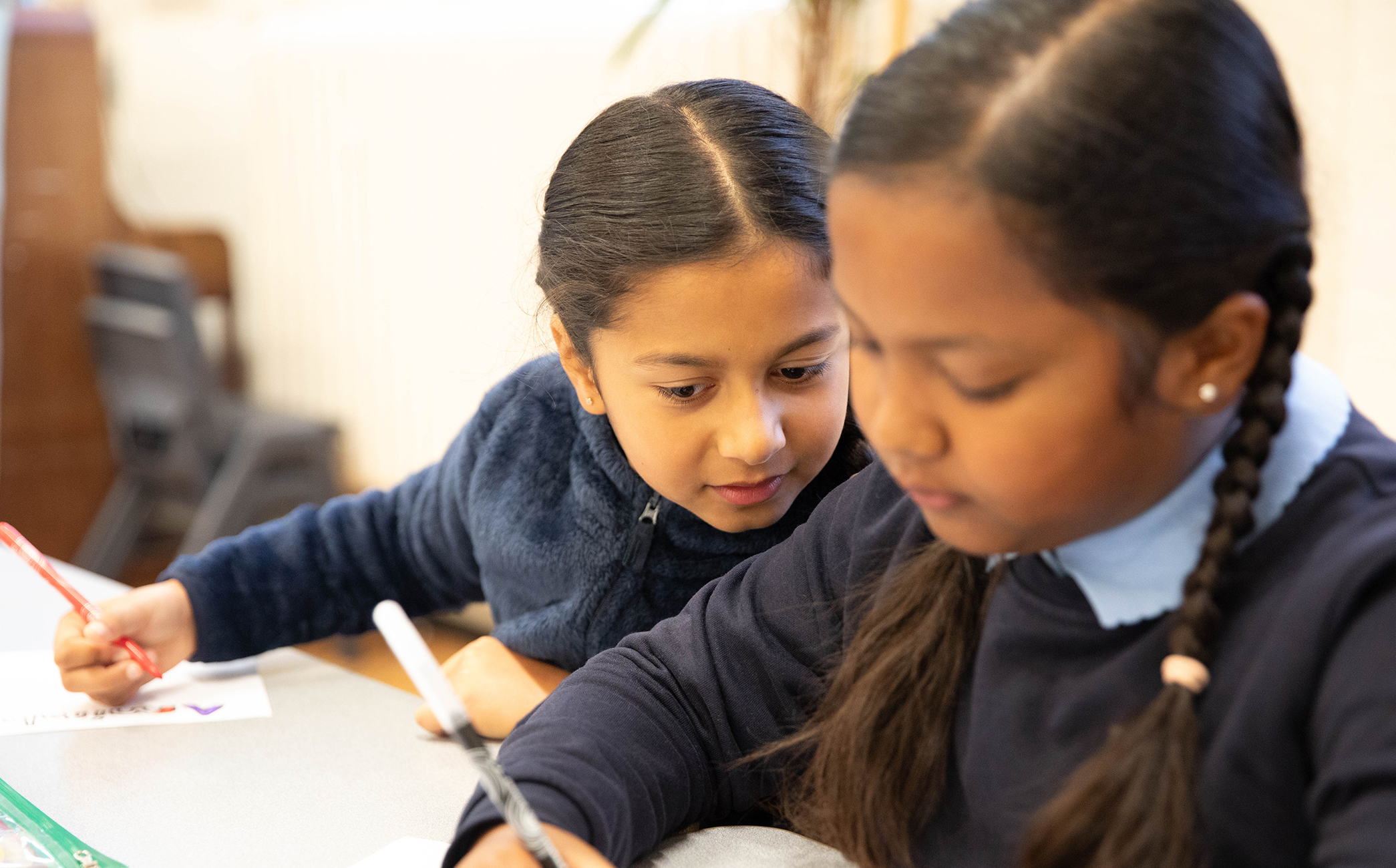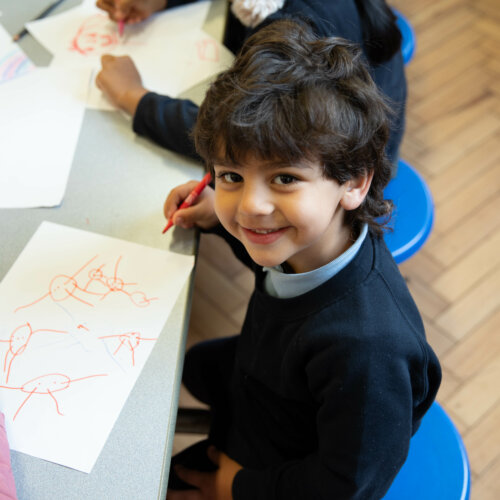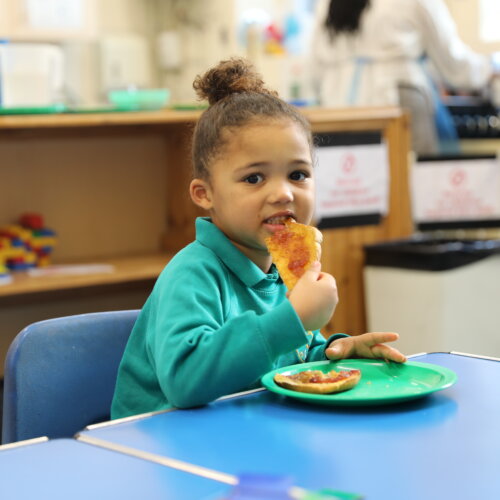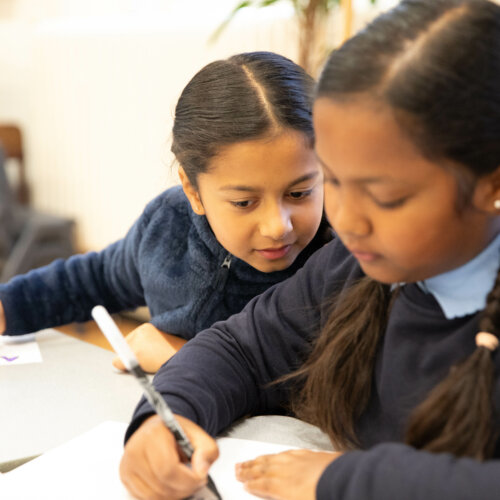Our experienced policy and public affairs team work in England and Scotland on policies designed to ensure no child or young person is too hungry to learn.
Our policy recommendations are grounded in evidence, reflect and are shaped by the views of the communities and schools we work in. This approach allows us to craft policies that are inclusive and focused on meaningful and long-term change.
To amplify our policy work we regularly meet with sector leaders and peers, Members of Parliament, Members of Scottish Parliament and civil servants to share our learnings and recommendations and shape solutions.
We prepare policy briefings, reports, blogs, and statements on a wide range of issues related to our mission of ending child morning hunger.
Policy news
-
 Policy
PolicyThe Budget: Free Breakfast Clubs are still central to the Government’s mission, but will they reach those who need it most?
-
 Policy
PolicyFuelling change: insights from the 2025 Party Conference season
-
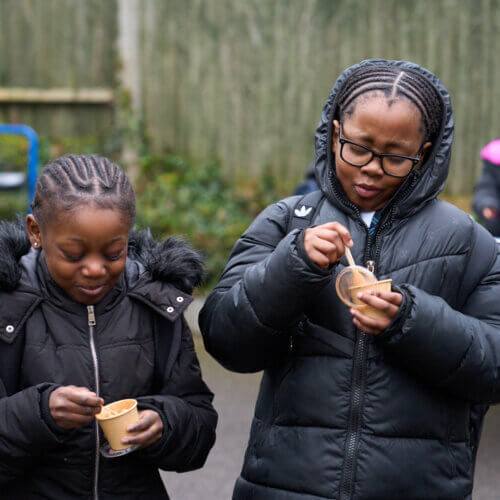 Policy
PolicyWelcome back to Holyrood!
-
 News
NewsMagic Breakfast’s Response to the Comprehensive Spending Review




